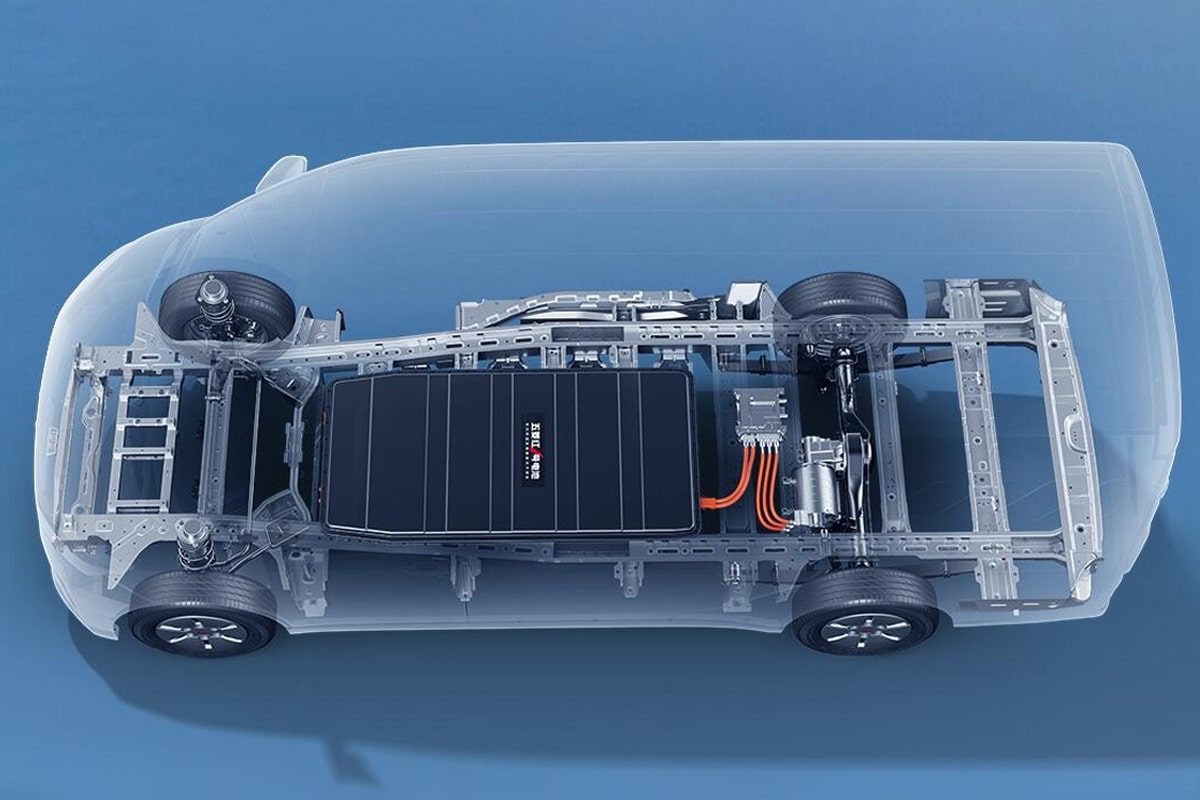MIT & TU Darmstadt research into early detection of battery faults
According to TU Darmstadt, the safe use of lithium-ion batteries in electric cars and stationary storage systems depends crucially on monitoring their condition and detecting faults at an early stage. ‘Faults in individual battery cells can lead to serious problems such as fires,’ emphasise the experts from the Institute of Automation Technology and Mechatronics at TU Darmstadt. Together with a research team from the Massachusetts Institute of Technology (MIT), the Darmstadt researchers have therefore developed new methods for analysing and monitoring batteries using machine learning approaches.
Using so-called recursive Gaussian processes, the researchers’ innovative method can recognise temporal and operational changes in battery cells. “These recursive methods can be applied in real-time and efficiently process large amounts of data, enabling continuous online monitoring of battery systems in the future,” they say.
According to the scientists, they were able to draw on a unique data set for their research: a research partner anonymously provided data from 28 battery systems that had been returned to the manufacturer due to problems. The data set comprised over 133 million data series from 224 battery cells and is one of the first of its kind to be made publicly accessible, TU Darmstadt writes in a press release.
The results of the methodological developments and analyses, which were recently published in the journal Cell Reports Physical Science under the title ‘Gaussian process-based online health monitoring and fault analysis of lithium-ion battery systems from field data,’ confirm that often only one cell of an entire battery system becomes conspicuous and impairs the system. According to the project participants, these findings contribute to a better understanding of how batteries age and under what conditions they fail. What’s more, the methods make it possible to continuously monitor batteries in the future and thus increase safety.





0 Comments